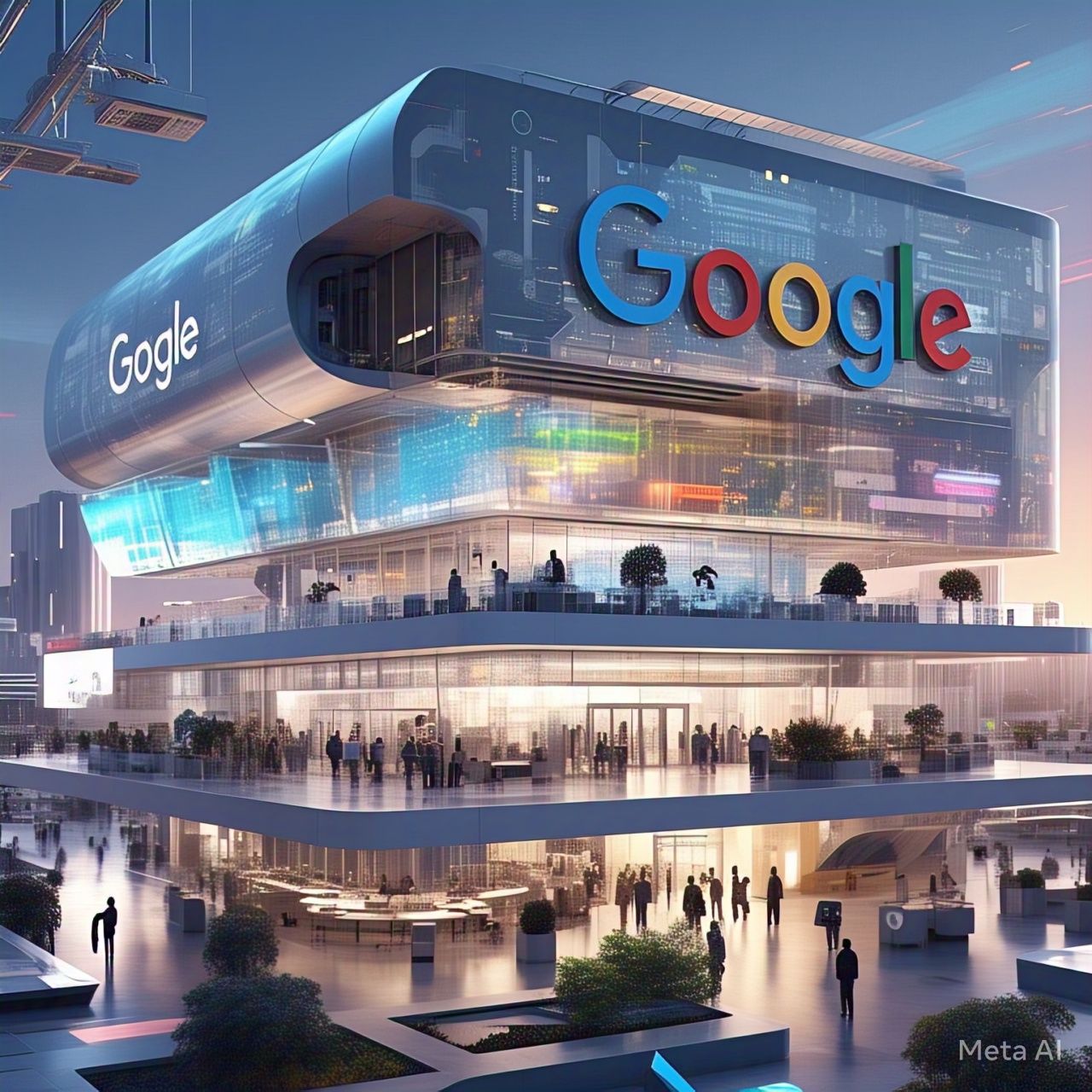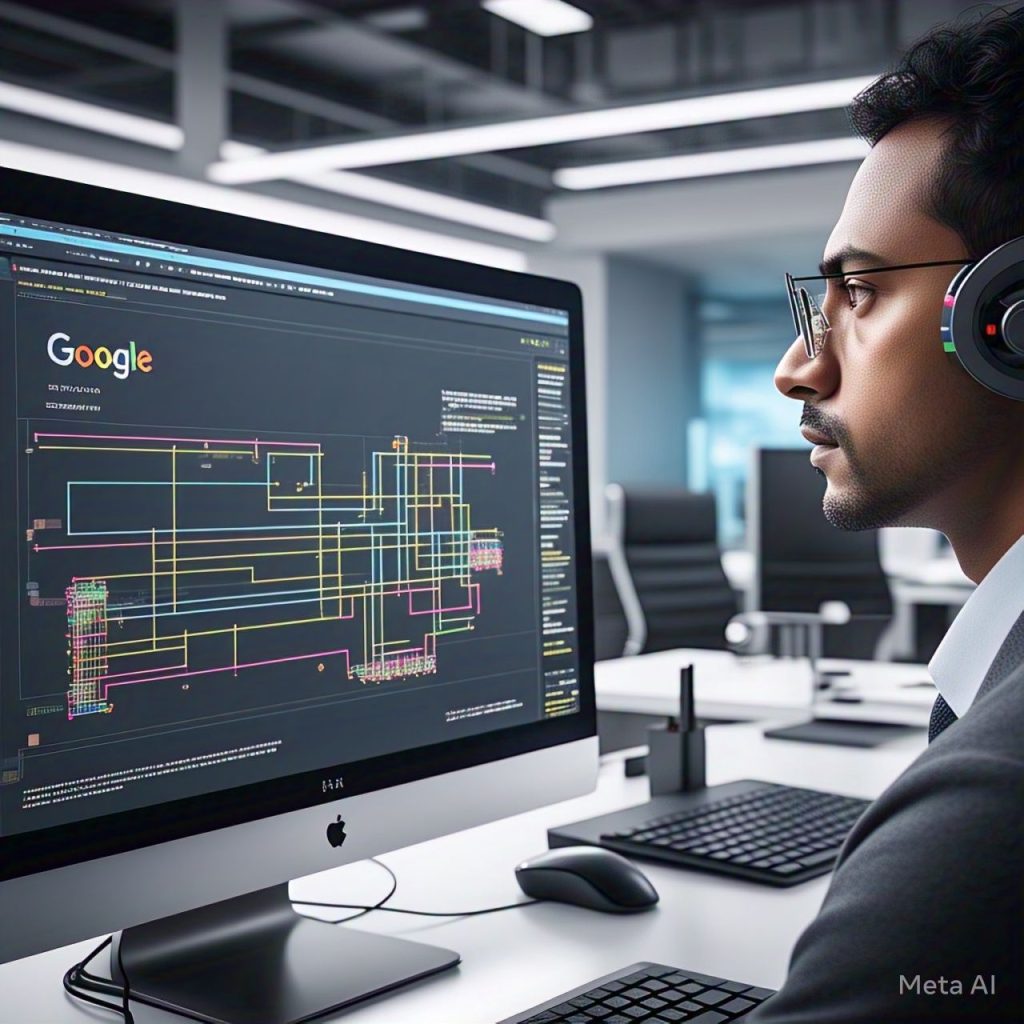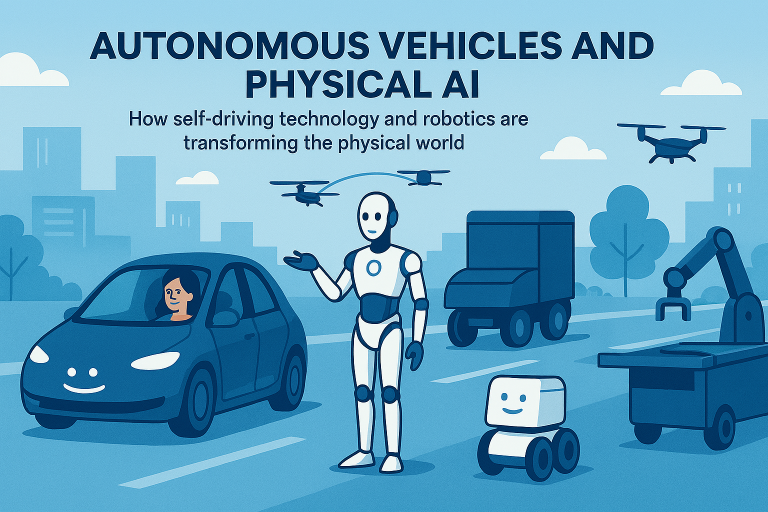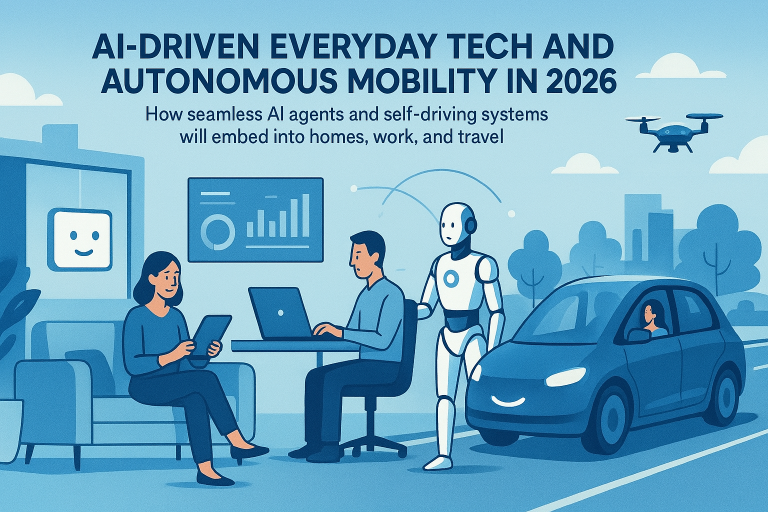
The digital landscape is perpetually shifting, with each update from search giants like Google creating ripples that reverberate through the online world. Among these, the Google Algorithm Update 2025 stands out as a pivotal moment in the evolution of search engine optimization (SEO). It promises to reshape the way we approach SEO ranking factors and redefine how websites are evaluated. With a surge in AI-powered search algorithms, Google’s commitment to improving user experience and refining search results is taking a quantum leap forward. Understanding the profound Google Core Update impact and its consequences on website ranking changes is now more crucial than ever.
The New Era of SEO
As the digital ecosystem grows increasingly complex, the rules of the game are changing. Historically, SEO has relied heavily on a few fundamental metrics: keywords, backlinks, and site speed. While these elements remain important, the Google Algorithm Update 2025 introduces a wave of changes that call for a more holistic approach. Traditional methods will no longer be enough to maintain or improve rankings.
The emergence of AI-powered search algorithms is the driving force behind this transformation. By integrating machine learning and natural language processing (NLP) into the heart of their ranking system, Google aims to provide search results that are more contextually relevant, user-centric, and reflective of the searcher’s intent. This means that SEO practitioners will need to rethink their strategies and adapt to a much more nuanced and sophisticated search environment.
A Shift in SEO Ranking Factors
The SEO ranking factors that once governed the digital landscape are being reevaluated and redefined. Google’s algorithm is becoming more adept at understanding the intricate relationships between content, user behavior, and search intent. In this new era, keyword stuffing and backlink manipulation will become relics of the past. Instead, the algorithm will place greater importance on elements like:
1. User Experience (UX)
Google has long hinted at the importance of user experience, but with the Google Algorithm Update 2025, it’s clear that UX is no longer a secondary concern. Sites that prioritize seamless navigation, fast load times, mobile optimization, and user-centric design will see a significant boost in their rankings. The Google Core Update impact will prioritize sites that offer a frictionless experience, rewarding those that engage users with content that is not only relevant but also easily accessible.
2. Content Relevance and Quality
Gone are the days when content quantity could compensate for quality. In 2025, content relevance will take precedence. Google’s AI-powered search algorithms are now capable of understanding the deeper context of a webpage’s content. No longer will a site be ranked simply for having a high keyword density. The algorithm will evaluate how well content aligns with the user’s search intent, the depth of the information provided, and its overall value to the reader. SEO strategies will have to evolve to focus on creating truly insightful, comprehensive, and well-structured content.
3. Natural Language Processing (NLP)
Natural Language Processing (NLP) is one of the key drivers behind the success of AI-powered search algorithms. This technology allows Google to interpret queries and content with a level of nuance and understanding previously unavailable. The introduction of more advanced NLP will enable Google to discern meaning beyond the literal words used. In this new landscape, SEO will need to focus on creating content that aligns with the conversational tone of users, optimizing for long-tail keywords and search phrases that mimic human speech patterns.
4. Semantic Search
The importance of semantic search continues to grow, especially with the rise of voice search and AI assistants. Instead of merely matching keywords, Google’s algorithms will strive to understand the full context behind a search. Websites that provide contextually rich content and address related topics comprehensively will find themselves at an advantage. The shift towards semantic search means SEO practitioners must think beyond individual keywords and focus on creating content clusters around broader themes.
The Role of AI-Powered Search Algorithms

The AI-powered search algorithms introduced with the Google Algorithm Update 2025 are transforming the entire landscape of search. These algorithms will have the ability to learn from user behavior, continuously refining their search results and ranking criteria to better serve the needs of users.
Enhanced User Intent Understanding
At the heart of this shift lies the ability of AI to understand user intent more precisely. Rather than just matching keywords to search queries, Google will be able to anticipate what users truly want based on their past behavior, preferences, and even contextual data like location or time of day. This will revolutionize the way content is ranked, with more personalized search results becoming the norm. For businesses, this means that understanding the intent behind user queries will be crucial to driving traffic and engagement.
Predictive Search and Personalization
AI will also bring the power of predictive search to the forefront. By analyzing historical data, machine learning models will anticipate what users might search for before they even type it in. For example, if a user frequently searches for recipes, Google might automatically suggest recipes or ingredients based on their past searches. This shift towards a more personalized, anticipatory search experience will necessitate that SEO strategies align more closely with individual user profiles.
Understanding the Google Core Update Impact
The Google Core Update impact is often far-reaching, with significant consequences for websites that fail to meet the new requirements. While updates typically aim to refine the accuracy and relevance of search results, the 2025 update promises to deliver some of the most significant changes seen in recent years.
The algorithm will focus on better understanding how content impacts user satisfaction. If a site fails to provide engaging, valuable content, it risks losing its position in the rankings. This update underscores the growing importance of quality over quantity in content creation. Websites will need to focus on crafting content that not only informs but also delights the reader, providing a meaningful experience that fosters engagement and trust.
Moreover, the Google Core Update impact will lead to a significant reshuffling of rankings across industries. Websites that have relied heavily on outdated SEO techniques or poor user experiences may find themselves pushed down in the rankings, while those with well-optimized, user-focused content will thrive.
Preparing for Website Ranking Changes
As the Google Algorithm Update 2025 rolls out, website ranking changes are inevitable. Websites that remain static in their SEO practices will likely experience declines in traffic and visibility. To stay ahead of these changes, businesses and marketers must focus on the following strategies:
1. Adapt to the New SEO Ranking Factors
With new ranking factors in play, adapting to these changes is crucial. This means optimizing for user experience, improving content quality, and focusing on mobile-first design. Additionally, sites must be prepared for a greater emphasis on page speed, accessibility, and technical SEO. Websites that fail to meet these updated criteria will likely see a drop in their rankings.
2. Create Engaging, High-Quality Content
Content creation will remain a cornerstone of SEO, but the focus will shift. It is no longer enough to simply produce content; it must be meaningful and engaging. Sites should aim to create authoritative, insightful content that addresses user intent comprehensively. Incorporating rich media like videos, infographics, and interactive elements will help improve engagement and time spent on site, both of which are important ranking factors.
3. Leverage AI and Automation
AI and automation will be indispensable tools for staying competitive in the SEO space. By using machine learning algorithms, SEO professionals can predict trends, automate content generation, and fine-tune strategies in real time. Embracing these technologies will be key to staying agile and ahead of the competition.
SEO Best Practices 2025: A New Blueprint for Success

As we look ahead to 2025, the SEO landscape will be radically different. New SEO best practices 2025 will place an even greater emphasis on quality content, user engagement, and the seamless integration of AI and machine learning tools. To stay competitive, SEO strategies will need to evolve in the following ways:
1. Focus on E-A-T (Expertise, Authoritativeness, Trustworthiness)
Google has long emphasized the importance of E-A-T, and this will remain a foundational principle in 2025. Websites that establish themselves as authoritative sources in their niche will enjoy a competitive advantage. Demonstrating expertise through well-researched content, authoritative backlinks, and trust signals will be essential for ranking success.
2. Optimize for Voice and Visual Search
As voice search and visual search technologies gain traction, websites will need to optimize their content to accommodate these growing trends. This includes ensuring that content is conversational and easily understandable by voice assistants and search engines alike. For visual search, incorporating high-quality images and optimizing them for search engines will be crucial.
3. Enhance Personalization and User-Centric Strategies
The future of SEO lies in personalization. By tailoring content to meet the specific needs of users, websites can provide a more engaging experience. Personalization will require deep data insights and advanced AI tools, but those who can harness this power will be positioned for long-term success.
Conclusion
The Google Algorithm Update 2025 marks the beginning of a new era for SEO. As AI-powered search algorithms become more sophisticated, the way we approach SEO ranking factors and website ranking changes will evolve dramatically. The Google Core Update impact will shake up the status quo, rewarding those who embrace new technologies, prioritize user experience, and create high-quality content.
SEO professionals must adapt to the Search Engine Optimization Trends that are emerging, focusing on the most effective SEO best practices 2025. The digital world is moving fast, and those who can stay ahead of these changes will thrive in the ever-competitive online marketplace.




